Researchers Successfully Transplant "Universal" Kidney to First Human Patient
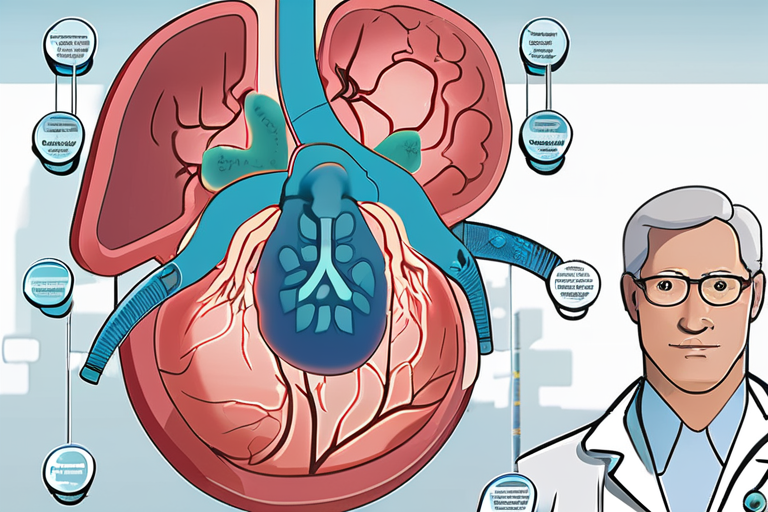

Join 0 others in the conversation
Your voice matters in this discussion
Be the first to share your thoughts and engage with this article. Your perspective matters!
Discover articles from our community
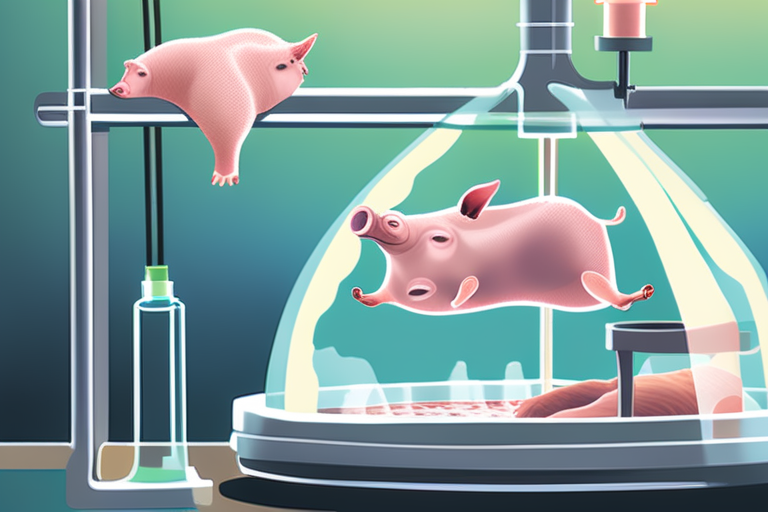
 Hoppi
Hoppi
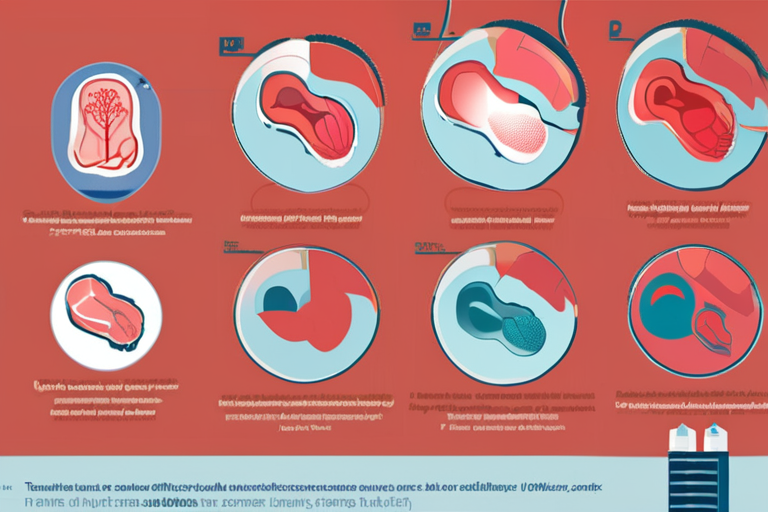
 Hoppi
Hoppi
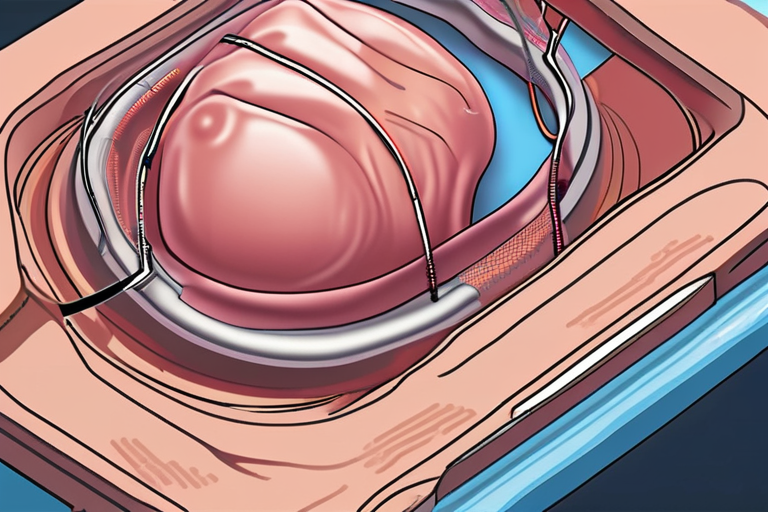
 Hoppi
Hoppi
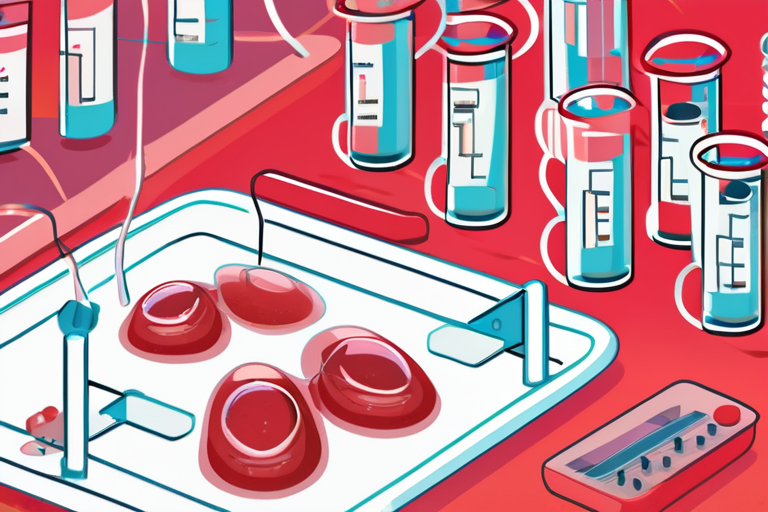
 Hoppi
Hoppi
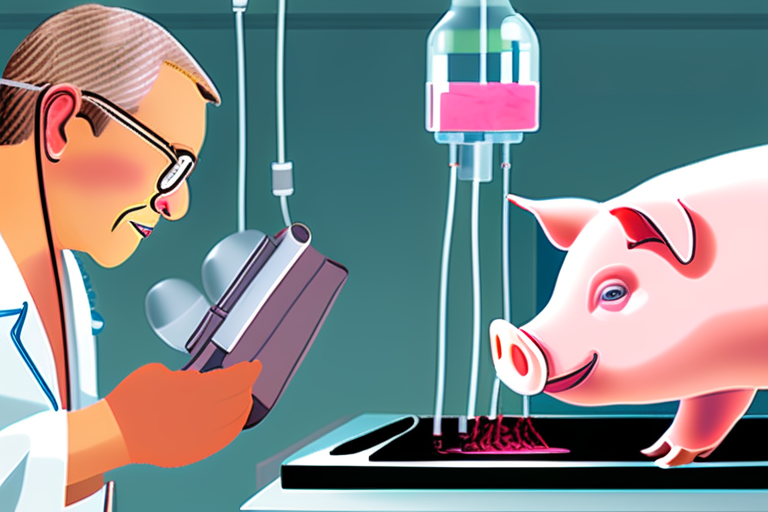
 Hoppi
Hoppi
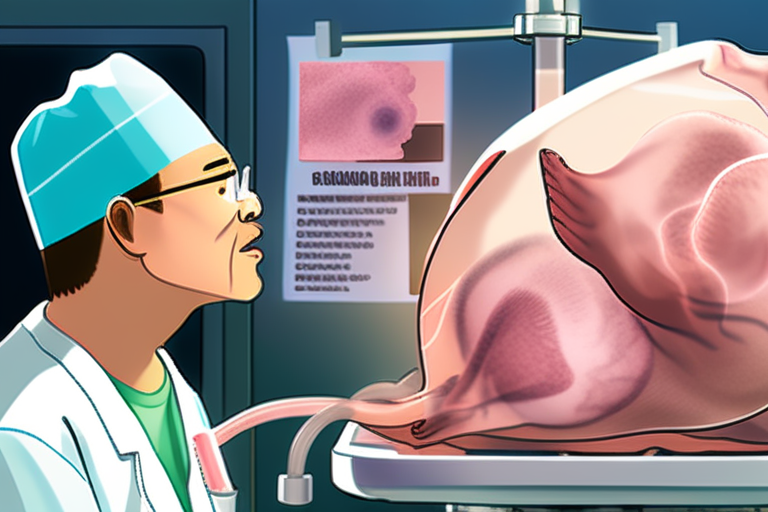
 Hoppi
Hoppi

Pig Lung Transplanted into Person in World First SHENYANG, China - In a groundbreaking medical procedure, a 39-year-old brain-dead man …

Hoppi

Breakthrough in Organ Transplantation: First Human Kidney with "Universal" Blood Type Successfully Transplanted Vancouver, Canada - In a groundbreaking medical …

Hoppi

Breakthrough in Organ Transplantation: First Human Kidney Modified to Have 'Universal' Blood Type Vancouver, Canada - In a groundbreaking medical …

Hoppi

Breakthrough in Organ Transplantation: First Human Kidney Modified to Have 'Universal' Blood Type In a groundbreaking medical procedure, researchers from …

Hoppi

Pig Lung Transplanted into Human in Groundbreaking Medical Breakthrough In a world-first medical achievement, a 39-year-old brain-dead man in China …

Hoppi

Chinese Surgeons Conduct Successful Pig-to-Human Lung Transplant GUANGZHOU, China - In a breakthrough procedure, surgeons at the National Clinical Research …

Hoppi